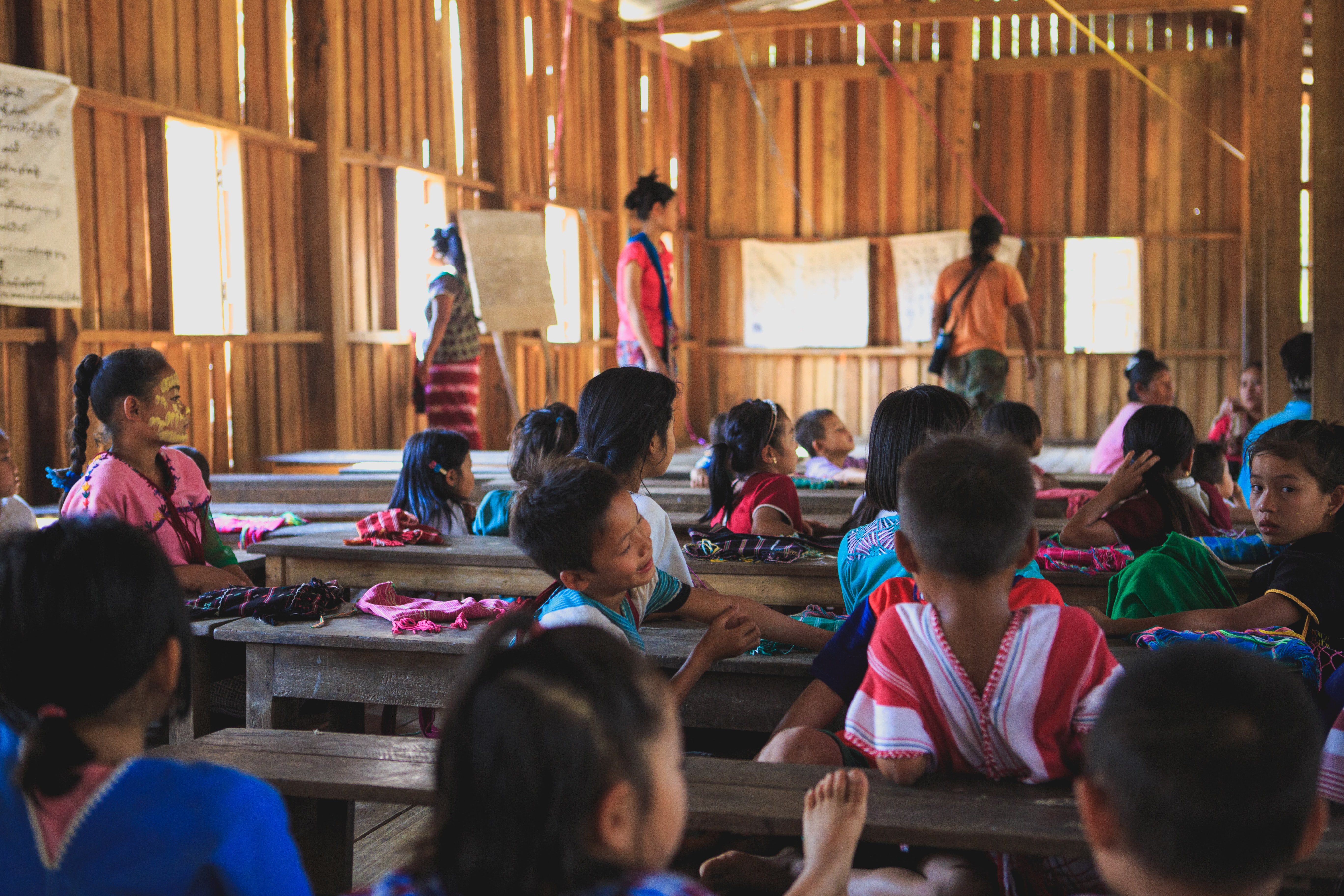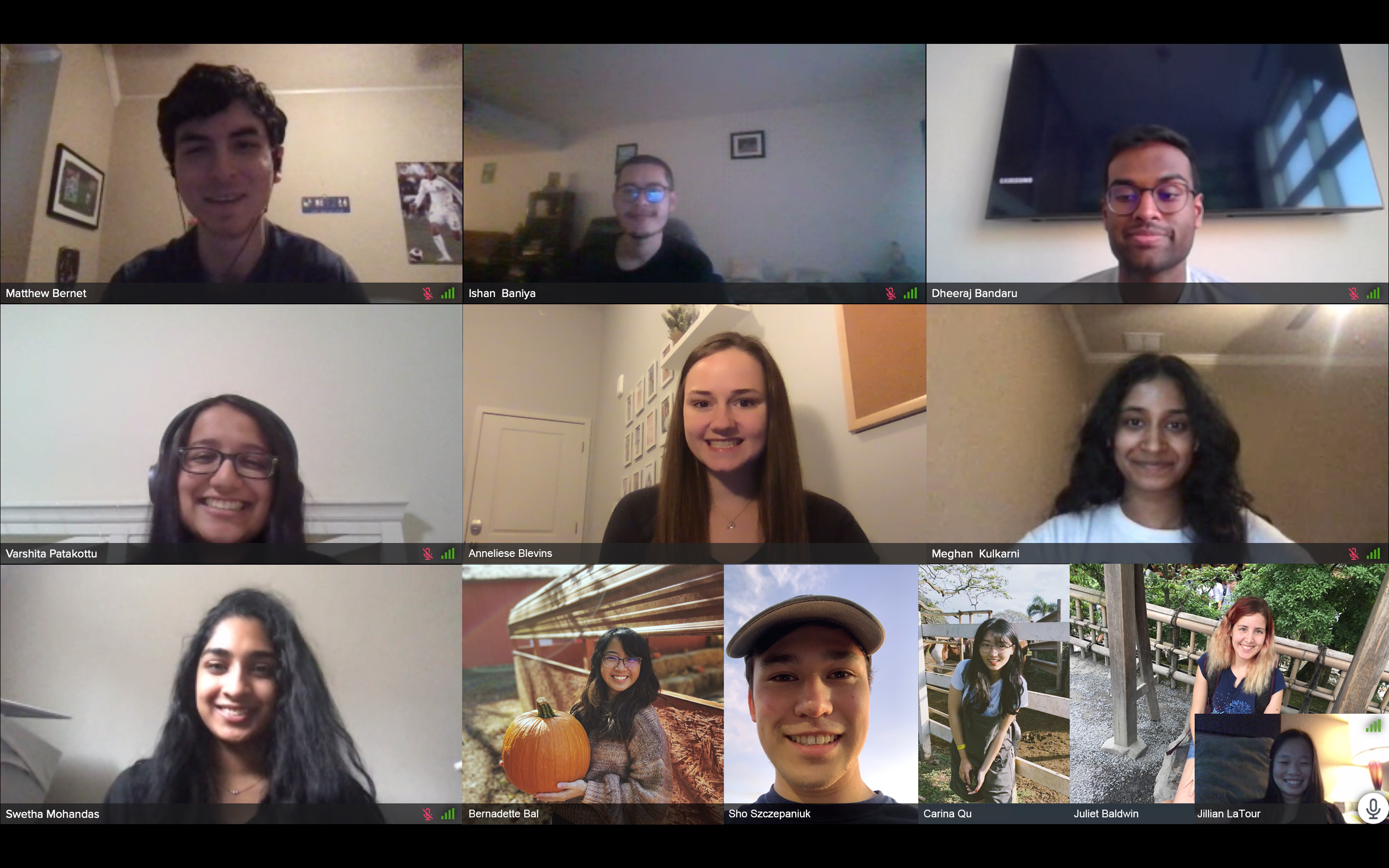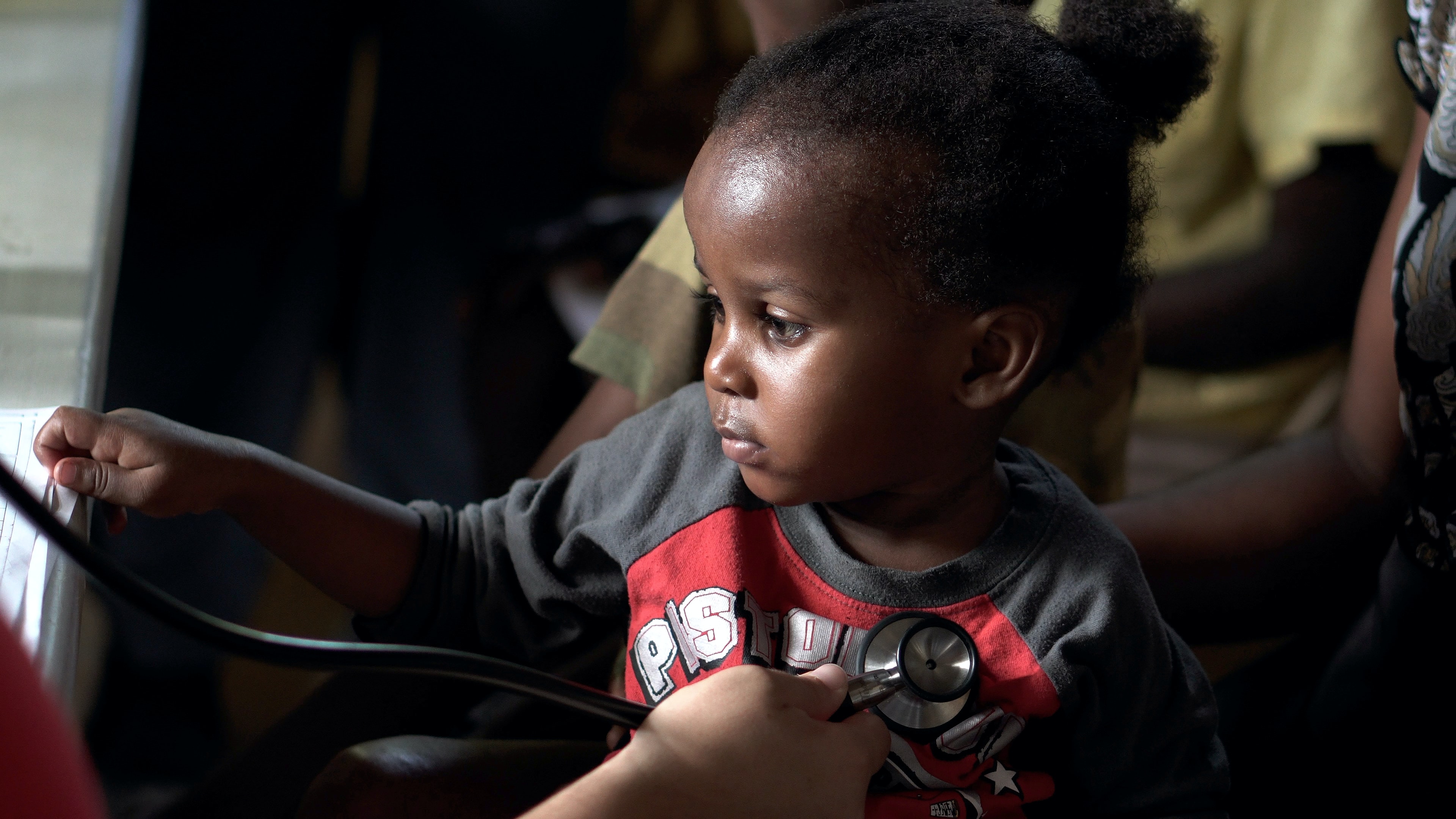
Explaining Refugee's Lack of Education
Currently many refugees lack a proper education. Our nonprofit is trying to combat this by building schools.
Education is a safe haven for refugee children and schools are their first line of defense against abuse, forced labor and sexual or gender-based violence. It is an ongoing process of acquiring knowledge, awareness and skills essential to equip a refugee with the ability to participate in the society as equals. Right to education is one of the fundamental components of the Universal Declaration of Human Rights. It is the most basic tool that can be employed to uplift the conditions that the marginalized, displaced migrants are living in and empower them with the opportunity to flourish and learn. Sustainable peace for global society, countries, communities and finally the individuals is only possible through inclusive educational initiatives like Hope Sustains Life.
Every year, thousands of families escape from their home countries to take asylum in different nation states around the globe. This keeps on happening to a community as a result of constant religious, racial, ethnic or political persecution and human rights abuses against which their native countries fail to protect them. Among these families, around 3.5 million refugees are children of school-going age and only half of them actually go to school.
These extremely low enrollment numbers and subsequently the lower literacy rate among refugee communities is a result of the fact that many of the primary-aged migrants get uprooted from their homes during their starting years in school while older school-goers get displaced while pursuing tertiary education. These kids most likely have an extremely difficult time in continuing their education again in a land foreign to them. Another one of the chief reasons behind these distressing statistics is the lack of educational resources altogether for refugee children especially in many developing host countries. Even in the developed world like the EU and USA, many refugee communities do not have access to specialized programs for higher learning.
According to UNHCR, documentation also plays a huge factor in keeping the enrollment rates low. A more realistic approach is required when assessing the educational credentials and conditions of refugees because many of them flee homes in a state of chaos, leaving behind essential documents like course certificates and IDs. Host country institutes barring them from joining classes, appearing to sit for exams, refusing to recognize their certifications from countries of origin or leaving them out of other opportunities also contribute enormously to the lack of refugee education.
The changes in syllabus, language, modes of instruction and the overall culture, are some of the biggest barriers in education that refugees face. In such an environment, our non-profit organization helps to build more schools for the refugee children in an effort to increase the accessibility and quality of education, enhance the enrollment retention rates, innovate new approaches to teaching and expand the infrastructure for education. This quality of education is pivotal to keeping children in the classroom and continuing their progress to higher classes. Without keeping these things in check, forced education is of no use to children especially if they are practically not learning anything at all.
Recommended for you

We couldn't have built this website without help from Bits of Good!
Read More ⇒
COVID-19 has had a devastating impact on the refugee populations around the world.
Read More ⇒
Currently many refugees lack a proper education. Our nonprofit is trying to combat this by building schools.
Read More ⇒